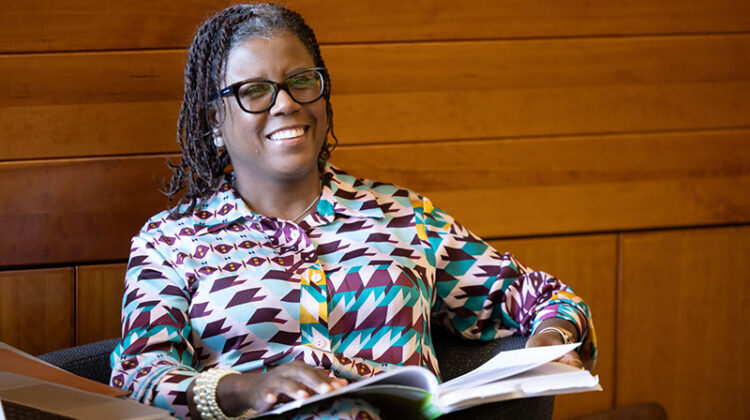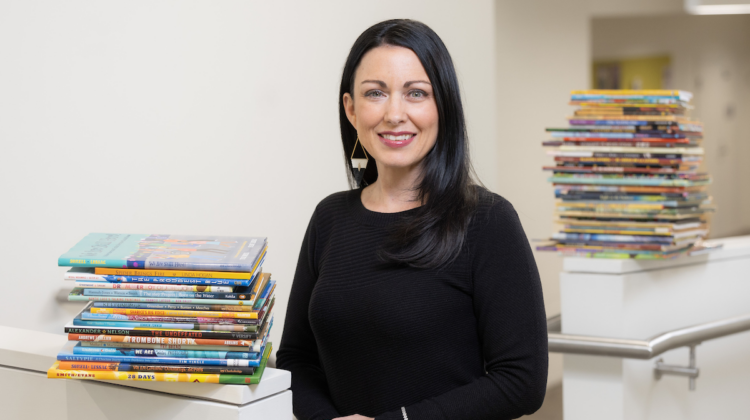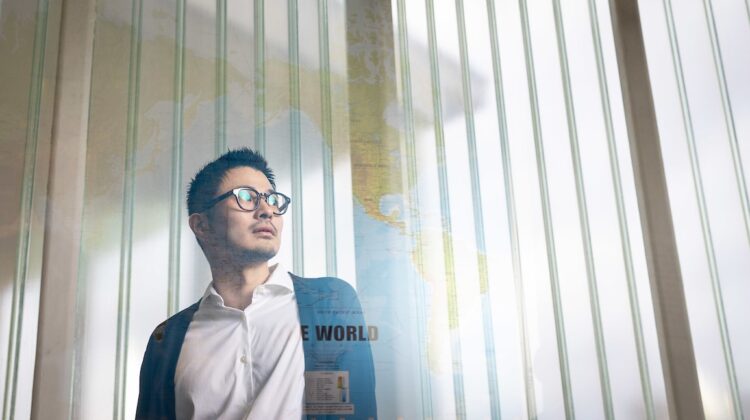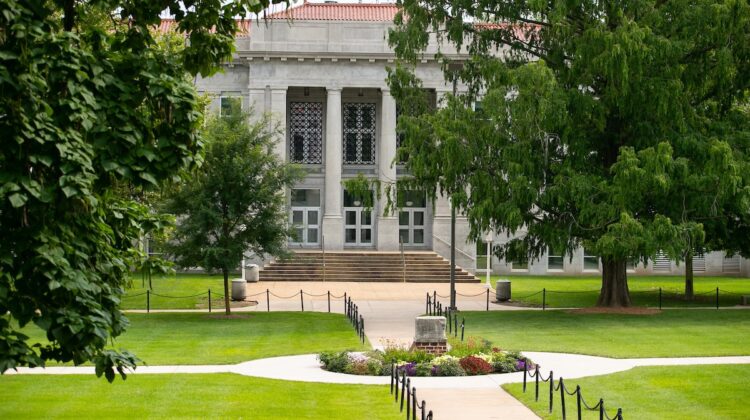Join us in congratulating Dr. Nicole West on her feature story in the 2024 issue of Mind’s Eye magazine. West is associate professor and assistant director for the School of Special Education, Leadership and Professional Studies at Missouri State University.
Her research focuses on studying and creating safe spaces for women on college campuses, a term she coined as “professional counterspaces.”
Congratulations Dr. West!
The full story is now available online.
Excerpt:
Universities should be a safe place where students, faculty and staff feel comfortable. Black women, however, often face isolation, underrepresentation and marginalization.
According to the National Center for Education Statistics, in fall 2020, Black women comprised less than 5% of faculty, 10% of student affairs administrators and 9% of students at degree-granting institutions in the U.S.
West is one of only seven tenured Black women professors at Missouri State.
A job shift (from a university administrator to faculty) left West searching for a new community of colleagues. She was inspired to keep studying and creating safe spaces for women on college campuses, a term she coined as “professional counterspaces.”
A cross between a professional development program and a support group, professional counterspaces benefit marginalized individuals, like Black women in higher education, academically, professionally and personally.






